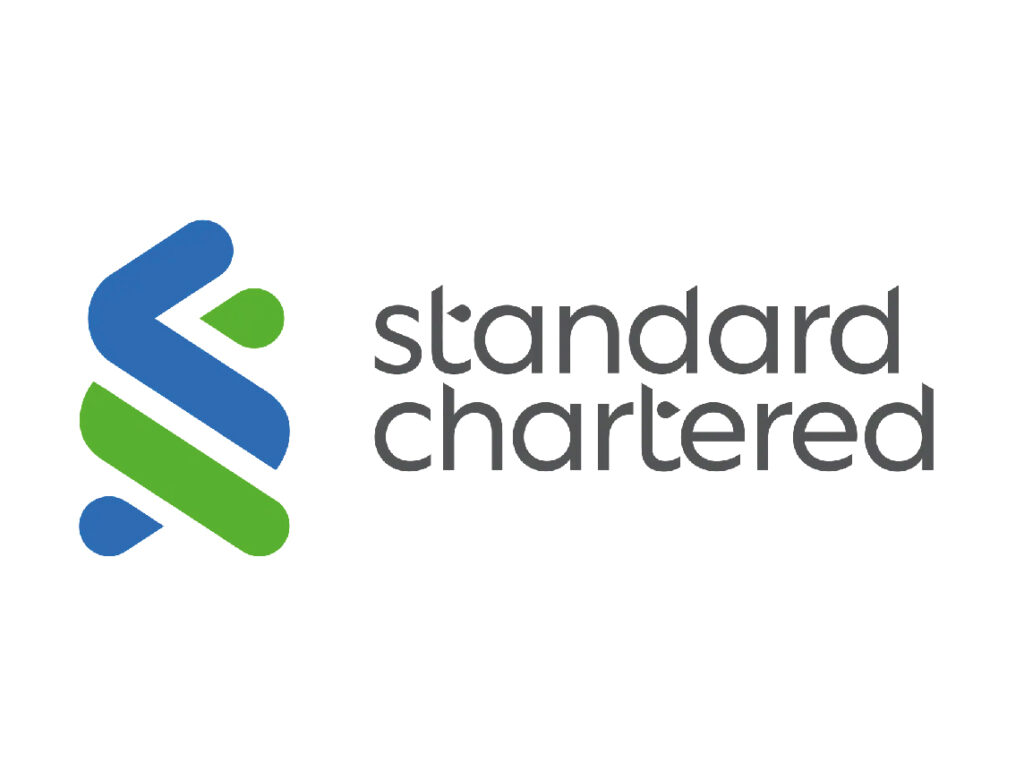Cultivating a Strategic Mindset in Your Team
How to stay ahead in today’s competitive environment
The ability to think strategically is no longer a luxury—it’s a necessity.
A strategic mindset is the ability to think ahead, anticipate changes, and plan for the future. It involves understanding the bigger picture, recognizing opportunities, and being prepared to take calculated risks. It’s about making decisions today that will position your organization for success tomorrow.
At Human Development Solutions, we understand that cultivating a strategic mindset within your team is crucial for staying ahead in today’s competitive environment. This article explores why a strategic mindset is essential and how experiential learning can play a pivotal role in developing this skill.
Why is it important to have a Strategic Mindset?
In a world where change is constant, a team that thinks strategically is better equipped to adapt, innovate, and thrive. They can foresee potential challenges, pivot quickly in response to market changes, and seize opportunities that others might miss.
... read more
How to Cultivate a Strategic Mindset?
Encourage Forward Thinking
Foster an environment where team members are encouraged to think about long-term goals and outcomes. Regular brainstorming sessions and strategy meetings can help in nurturing this mindset.
Provide Learning Opportunities
Experiential learning programs, like those offered by Human Development Solutions, are excellent for developing strategic thinking. These programs simulate real-world scenarios, allowing team members to practice and refine their strategic skills in a risk-free environment.
Promote a Culture of Continuous Learning
A strategic mindset thrives in a culture that values learning and growth. Encourage your team to stay curious, seek new knowledge, and continuously develop their skills.
Experiential Learning: A Key Tool
Real-World Simulations
Human Development Solutions’ experiential learning programs use simulations that mirror real-world challenges. These simulations require participants to think strategically, make decisions under pressure, and reflect on the outcomes of their choices.
Learn by Doing
Experiential learning is effective because it’s active. Participants are not passive recipients of information; they are active players in their learning journey. This hands-on approach leads to deeper understanding and better retention of strategic concepts.
Reflective Practice
Reflection is a critical component of experiential learning. After each simulation, participants reflect on their experiences, discuss what worked, what didn’t, and how they can apply their learning to their professional roles.
Developing a strategic mindset in your team is essential for navigating the complexities of today’s business world. Through experiential learning, teams can not only learn about strategic thinking but also practice and internalize it. At Human Development Solutions, we are committed to helping organizations cultivate these vital skills, ensuring they are well-equipped for the challenges and opportunities ahead.
Know more about our learning experiences.
Follow us on Linkedin to acess all new articles.
LATEST ARTICLES & CASE STUDIES

Standard Chartered

HSBC

